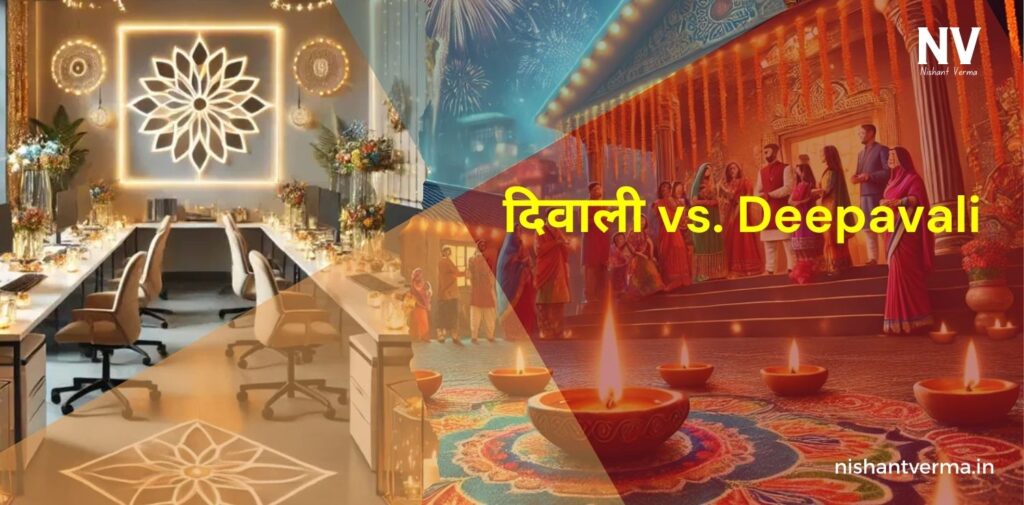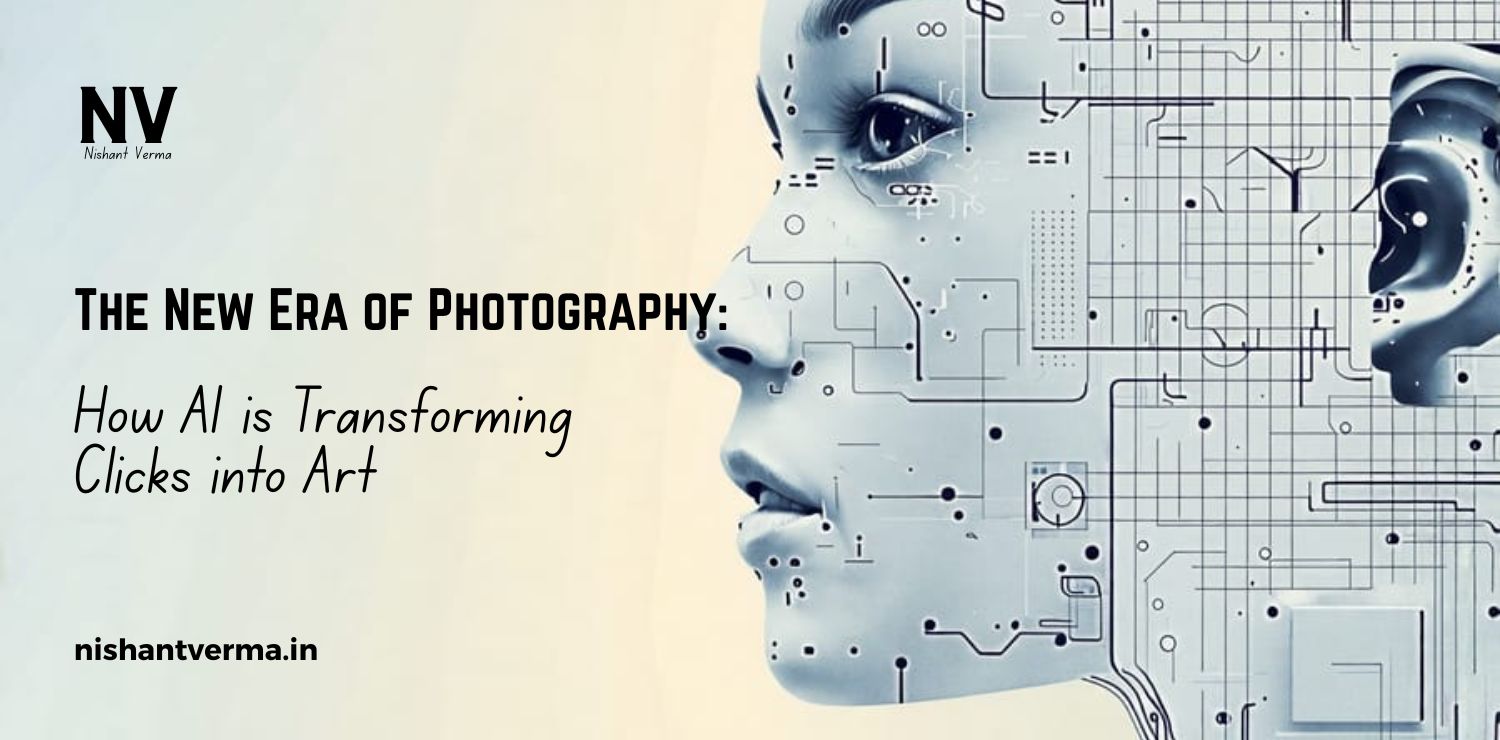Diwali vs. Deepavali are terms that often spark debate among people, especially in South Asia and among the Indian diaspora. While both names refer to the same festival celebrating the triumph of light over darkness, there are significant cultural and regional differences that shape how the festival is observed. This article aims to explore these nuances, offering insights into the origins, customs, and significance of both terms.
Origins of the Names
The word “Diwali” is derived from the Sanskrit term “Deepavali,” which means “row of lights.” The festival is celebrated by various communities across India and around the world, and its significance varies based on regional and cultural contexts.
- Diwali: Predominantly used in Northern India, “Diwali” has become the more popular name internationally, especially among non-Indians. The festival typically lasts five days, with each day holding its unique significance, including Dhanteras, Naraka Chaturdashi (or Choti Diwali), the main Diwali day, Govardhan Puja, and Bhai Dooj.
- Deepavali: This term is more commonly used in Southern India and among Tamil-speaking communities worldwide. “Deepavali” emphasizes the aspect of lights and the illumination of homes and streets. In South India, the celebration is often marked by distinct rituals and is sometimes viewed more as a celebration of the harvest season.
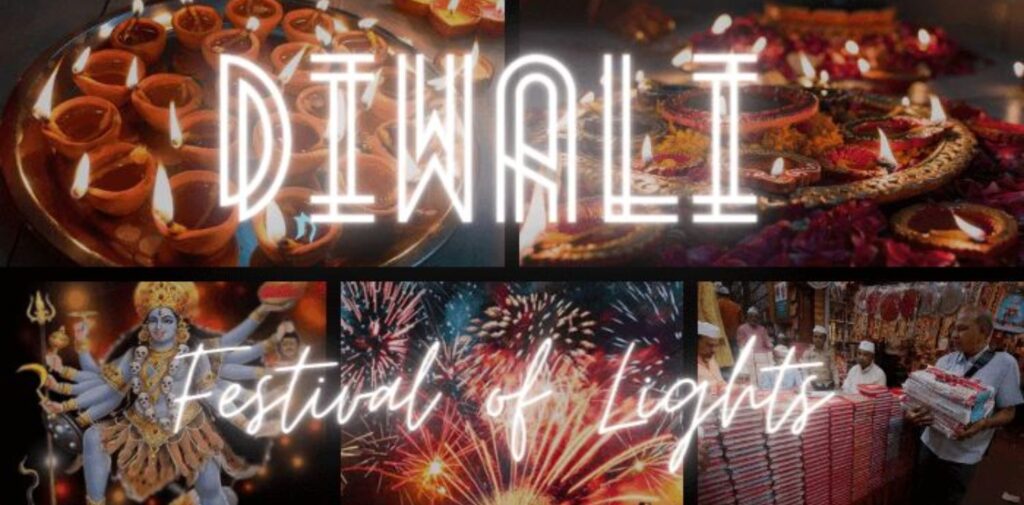
Cultural Significance
The underlying themes of Diwali and Deepavali are similar: the victory of good over evil, light over darkness, and knowledge over ignorance. However, the stories associated with these themes differ:
- Diwali: In Northern India, Diwali is closely associated with the return of Lord Rama to Ayodhya after defeating the demon king Ravana, as described in the epic Ramayana. It is a time for families to gather, perform prayers (pujas), exchange gifts, and illuminate their homes with diyas (oil lamps) and colorful rangoli designs.
- Deepavali: In Southern India, the festival is linked to Lord Krishna’s victory over the demon Narakasura. This version emphasizes personal liberation and the dispelling of negativity. Many South Indian households perform rituals to honor their ancestors and deities, and the festival is marked with the bursting of firecrackers and the preparation of traditional sweets and savory dishes.
Regional Variations
The celebration of Diwali and Deepavali can also vary significantly based on geographical and cultural contexts:
- Northern India: In states like Uttar Pradesh, Punjab, and Haryana, Diwali is celebrated with great pomp. Homes are decorated with lights, and families come together to worship Lakshmi, the goddess of wealth. Fireworks light up the night sky, and sweets are distributed among friends and family.
- Southern India: In states like Tamil Nadu and Kerala, Deepavali is celebrated by waking up early, taking oil baths, and performing rituals that involve the worship of family deities. The day is often marked by the preparation and consumption of specific dishes, such as sakkarai pongal and other traditional sweets.
- Eastern and Western India: In Gujarat, Diwali is celebrated with the same enthusiasm, but it is also marked by the New Year festivities in the Jain community. The festival’s essence is similar, focusing on spiritual renewal and prosperity.
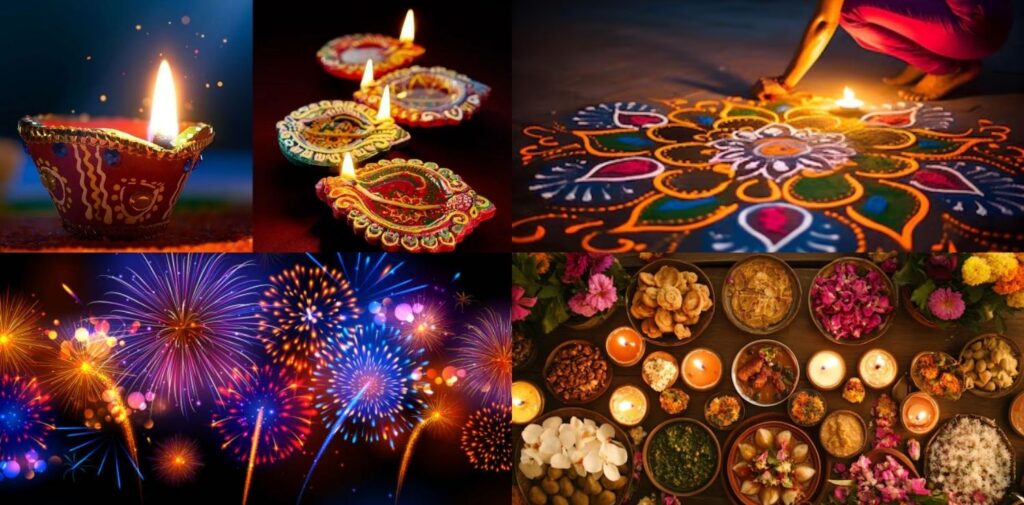
Common Practices
Despite the regional differences, there are common practices that bind both celebrations:
- Lighting Diyas: Whether called Diwali or Deepavali, the illumination of homes with diyas is a universal practice. This symbolizes the dispelling of darkness and ignorance.
- Rangoli: The intricate designs created at the entrance of homes serve as a welcoming gesture for guests and deities alike. While the colors and patterns may vary, the intent remains the same.
- Fireworks: Bursting firecrackers is a popular activity during both Diwali and Deepavali. This practice is believed to ward off evil spirits and add to the festive atmosphere.
- Sweets and Savories: The preparation and sharing of sweets and savory dishes are integral to both celebrations. Each region boasts its traditional recipes, reflecting local flavors and customs.
Modern Celebrations
In recent years, Diwali and Deepavali have gained international recognition, transcending cultural and geographic boundaries. Many cities across the globe now host Diwali festivals, celebrating the spirit of unity and diversity. Communities come together to organize cultural programs, fairs, and fireworks displays, allowing people from different backgrounds to participate in the festivities.
Social media has also played a significant role in spreading awareness about the festival. People share their celebrations, recipes, and customs, fostering a sense of belonging and connection among those who observe the festival, regardless of their geographical location.
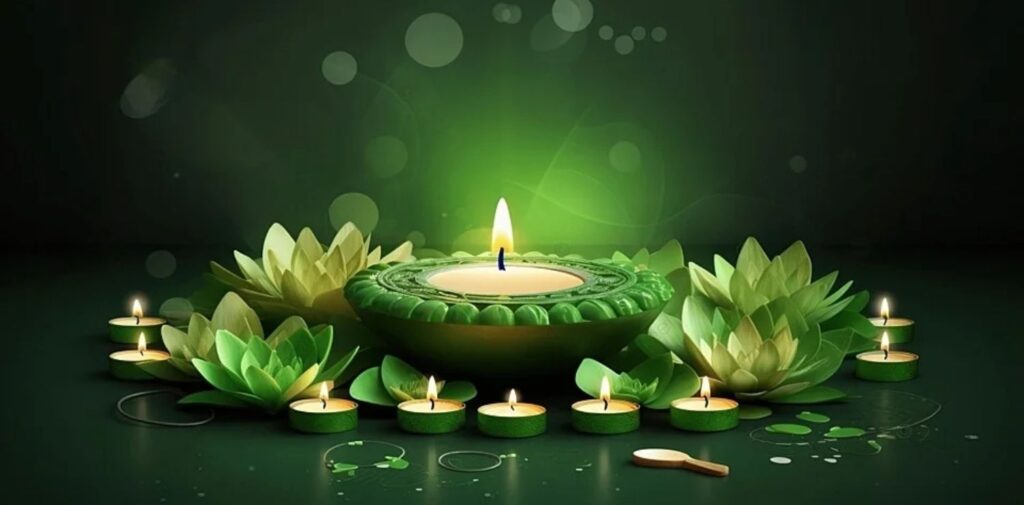
Environmental Considerations
With the growing awareness of environmental issues, there has been a shift in how some communities celebrate Diwali and Deepavali. Traditional practices involving firecrackers have come under scrutiny due to their impact on air quality and noise pollution. Many individuals and communities are now opting for eco-friendly alternatives, such as using clay diyas instead of electric lights and minimizing the use of firecrackers.
This transition reflects a broader awareness of sustainability and the importance of preserving the environment for future generations. As people embrace more responsible celebrations, the essence of Diwali and Deepavali—unity, joy, and hope—remains intact.
Conclusion: Diwali vs. Deepavali
In essence, Diwali and Deepavali are two sides of the same coin, representing a rich tapestry of cultural practices and beliefs. While the names and some customs may differ, the core messages of joy, renewal, and the triumph of good over evil resonate universally. Whether one refers to it as Diwali or Deepavali, the festival serves as a powerful reminder of the light that exists within each of us, waiting to be kindled and shared with the world.
As we celebrate this vibrant festival, let us embrace its values of love, compassion, and togetherness, recognizing the diverse ways in which people around the world honor these age-old traditions. In doing so, we not only celebrate our heritage but also contribute to a more harmonious and inclusive society.

